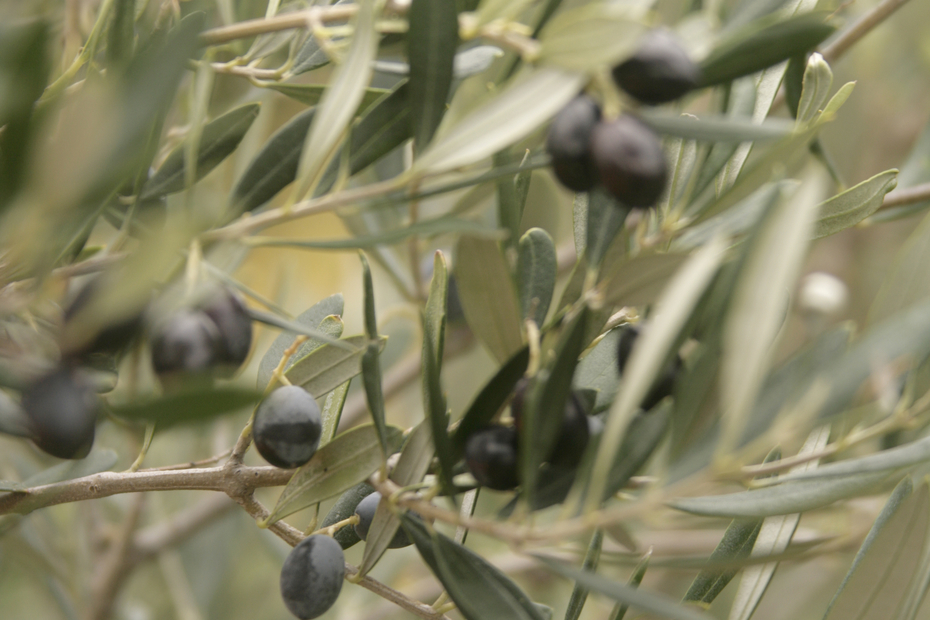Greece is a mountainous country with few plains. Most olive trees grow perilously on pezoules (terraces), their trunks swept by the meltemi sea winds, their roots deeply imbedded in the almost dry land, their branches stretching out to the scorching sun and the strong rain.
The approximately 140 million olive trees that blanket Greece thrive and bear fruit even in the rockiest, most inaccessible areas.
Greek groves have managed to preserve their integrity even in these industrial times. They remain almost untouched by modern technology. Greek olive trees inhabit a land still controlled by nature not by man. They are more sensitive to natural catastrophe, true, but they exude tranquillity
Traveling through the many renowned olive-oil producing areas of Greece, such as the Peloponnese, Crete or Lesvos, one encounters olive tree upon olive tree. The landscape looks dry and stark, especially under the hot sun, but the soil is deceptively rich in the minerals most needed for the olive tree to flourish, minerals which in turn help make Greek olive oil especially rich in triglycerides and other components.
Olive oil, like all vegetable oils, is made up of triglycerides and other minor components. The oil’s composition greatly depends on climatic conditions, soil quality and fruit variety. The fatty acids that make up olive oil triglycerides and other components vary depending on what region the oil is from. Oils therefore around the Mediterranean Basin are not the same and may not have the same effect on the human body.






